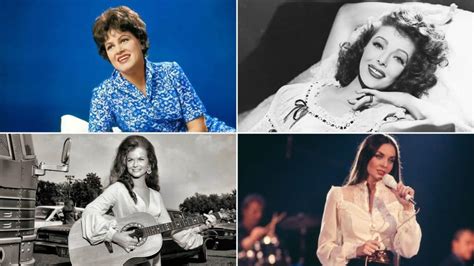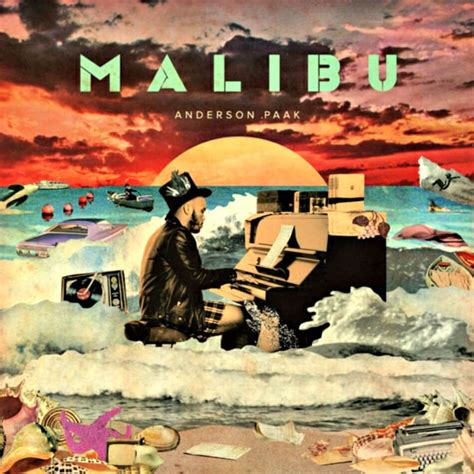The 1960s was a transformative period for music, with the rise of various genres such as rock and roll, folk, and psychedelic music. This era saw the emergence of many iconic singers who not only captivated audiences with their unique voices but also played a significant role in shaping the music landscape of the time. Among these legendary artists, some stand out for their enduring influence, innovative styles, and the lasting impact they had on the music industry.
One of the most iconic figures of the 1960s is Elvis Presley, often referred to as the “King of Rock and Roll.” With his charismatic stage presence and versatile voice, Elvis dominated the music charts, producing hits like “Hound Dog,” “Jailhouse Rock,” and “Suspicious Minds.” His blend of rockabilly, gospel, and rhythm and blues influenced a wide range of artists and helped pave the way for future rock musicians.
Another pivotal figure of the 1960s is Bob Dylan, a singer-songwriter known for his poetic and often socially conscious lyrics. Dylan’s music spanned multiple genres, from folk to rock, and his songs, such as “Blowin’ in the Wind” and “Like a Rolling Stone,” became anthems for a generation. His influence on songwriting and his role in popularizing folk rock are undeniable, and he remains one of the most respected and beloved artists of all time.
The Beatles, a British rock band consisting of John Lennon, Paul McCartney, George Harrison, and Ringo Starr, revolutionized the music scene in the 1960s. With their innovative music and cultural impact, they are widely regarded as one of the most influential and successful bands in the history of popular music. Each member brought unique vocal and songwriting talents, producing a vast array of hits, including “I Want to Hold Your Hand,” “Yesterday,” “Hey Jude,” and “Let It Be.” The Beatles’ music evolved significantly over the decade, incorporating various styles and experimenting with studio recording techniques, which further expanded their influence.
Aretha Franklin, known as the “Queen of Soul,” was a powerful vocalist who dominated the music scene with her commanding voice and classic hits like “Respect,” “Think,” and “A Natural Woman (You Make Me Feel Like a Natural Woman).” Franklin’s music not only topped the charts but also became a symbol of feminist empowerment and black pride. Her legacy as one of the greatest singers of all time continues to inspire new generations of musicians and fans alike.
Jimi Hendrix, with his experimental and virtuosic guitar playing, redefined the boundaries of rock music. His unique blend of blues, psychedelia, and hard rock, as seen in songs like “All Along the Watchtower,” “Voodoo Child (Slight Return),” and “Purple Haze,” left an indelible mark on the music world. Hendrix’s short but incredibly influential career was cut tragically short, yet his music and style continue to inspire musicians across numerous genres.
Stevie Wonder, who began his career as a child prodigy, emerged as a major force in the 1960s with his soulful voice and mastery of multiple instruments. Wonder’s innovative use of synthesizers and his genre-bending music, which spanned from R&B and pop to rock and jazz, resulted in timeless classics like “Fingertips (Part 2),” “Uptight (Everything’s Alright),” and “Blowin’ in the Wind.” His music addressed social issues, advocated for racial equality, and showcased his remarkable musical talent, cementing his status as a legendary artist.
The 1960s also saw the rise of female vocal groups, with The Supremes being one of the most successful. With their harmonious vocals and catchy pop songs like “Baby Love,” “Where Did Our Love Go,” and “Stop! In the Name of Love,” The Supremes became a global phenomenon, symbolizing the Motown sound and paving the way for future female artists in the music industry.
The music of the 1960s was not just about the singers; it was a cultural and social movement. Artists like Joan Baez, with her folk activism, and Janis Joplin, with her powerful, bluesy voice, further exemplified the diversity and richness of the decade’s music scene. The era’s singers played a crucial role in reflecting and shaping societal values, advocating for peace, love, and equality, and their music continues to influence contemporary artists and resonate with audiences today.
In conclusion, the singers of the 1960s were not just entertainers; they were cultural icons, social commentators, and pioneers in their field. Their music addressed the hopes, fears, and aspirations of their time, leaving behind a legacy that continues to inspire, educate, and entertain new generations. As we look back on this pivotal decade, it’s clear that the contributions of these singers have had a lasting impact on music and society, ensuring their influence will be felt for years to come.
Historical Evolution of 1960s Music
To understand the significance of the singers from the 1960s, it’s essential to look at the historical context and evolution of music during this period. The decade began with the continuation of 1950s rock and roll, gradually incorporating folk, blues, and British Invasion genres. As the decade progressed, the civil rights movement and the Vietnam War influenced the music, with many artists using their platforms to advocate for peace and equality.
The mid-1960s saw the rise of folk rock, led by Bob Dylan and The Byrds, while the late 1960s were characterized by the emergence of psychedelic rock and the counterculture movement, with bands like Pink Floyd, The Doors, and Jefferson Airplane gaining popularity. This diversity and experimentation laid the groundwork for the wide range of genres that followed in the subsequent decades.
FAQ Section
Who were some of the most influential singers of the 1960s?
+The 1960s saw the rise of many influential singers, including Elvis Presley, Bob Dylan, Aretha Franklin, Jimi Hendrix, and Stevie Wonder, among others. Each of these artists brought unique styles and contributions to the music scene, leaving lasting impacts on the industry.
What genres of music emerged or gained popularity in the 1960s?
+The 1960s was a decade of great musical diversity, with the emergence or rising popularity of genres like rock and roll, folk rock, psychedelic rock, soul, and Motown. These genres not only reflected the cultural and social changes of the time but also paved the way for future musical developments.
How did the social and political climate of the 1960s influence music?
+The social and political climate of the 1960s, marked by the civil rights movement, the Vietnam War, and the counterculture movement, had a profound influence on music. Many artists used their music as a form of social commentary, advocating for peace, equality, and change. This period saw the creation of anthems and songs that addressed the aspirations and anxieties of the time, making music a powerful medium for social expression and change.
Future Trends Projection
As we look to the future, the legacy of 1960s singers continues to shape contemporary music. The blend of social activism, musical innovation, and cultural relevance that characterized the music of the 1960s serves as a blueprint for artists today. With the advent of digital platforms and social media, musicians have more avenues than ever to express themselves and connect with audiences worldwide.
The future of music will likely see a continued fusion of genres, with artists drawing inspiration from the past while experimenting with new sounds and technologies. The emphasis on social and environmental issues, already prevalent in contemporary music, is expected to grow, with artists using their platforms to raise awareness and inspire change.
In this context, the singers of the 1960s remain not just as historical figures but as vibrant influences on the musical landscape. Their music, messages, and the era they represented continue to captivate audiences, ensuring that the legacy of this pivotal decade in music history will endure for generations to come.



